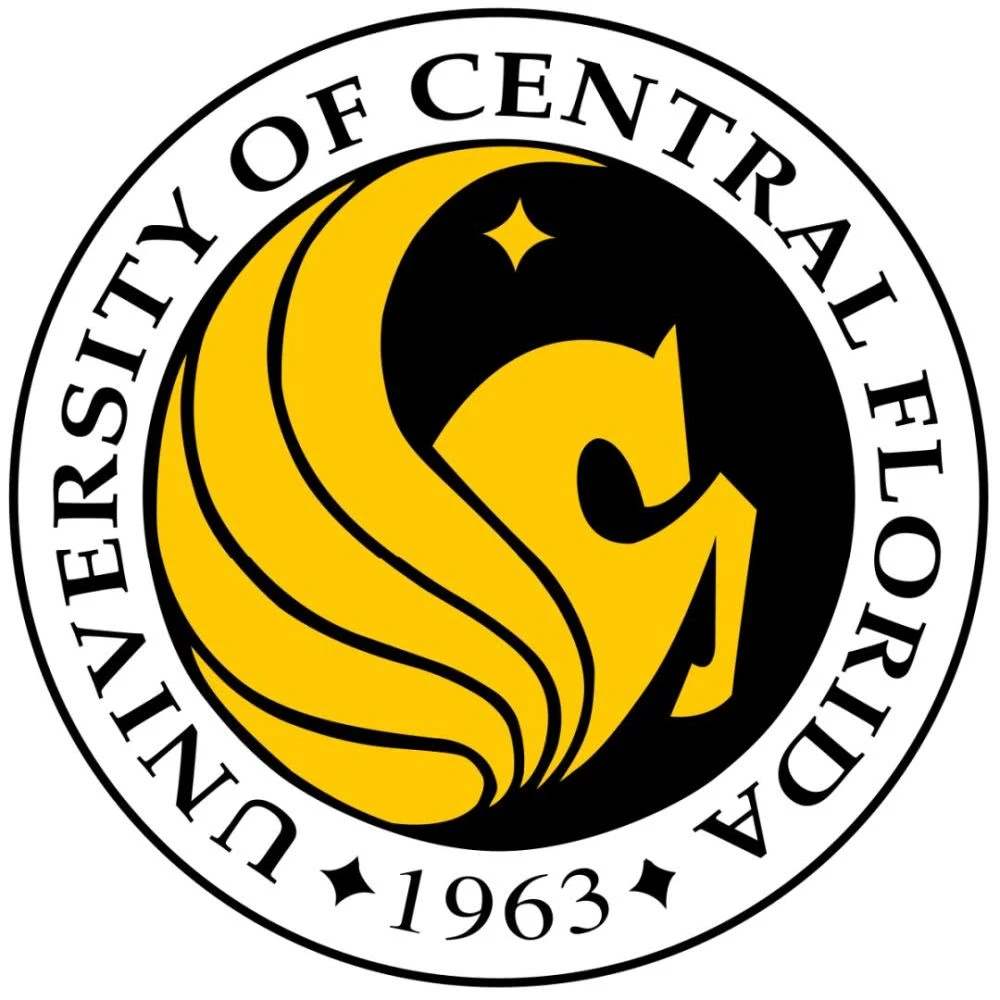联系方式

深圳泰欣荣科技有限公司
电话:13823750810
邮箱:22503344@qq.com
地址:深圳市龙岗区南湾街道布澜路
联创科技园一期6栋215



当前位置:首页 > 行业应用

型号:CM60
名称:中佛罗里达大学--高温试验
| 简介: | MTS SOLUTION In December 2006, MTS began working with Dr. Gordon to develop high-temperature materials testing capabilities for the UCF Department of Mechanical, Materials and Aerospace Engineering. |
This required the integration of the department’s existing mechanical test system, which comprised a Model 810 servohydraulic load frame, Test Star IIs controller and Multi-Purpose TestWare® software, with an array of high temperature environmental simulation components, including an MTS resistance heater, Model 646 water-cooled hydraulic wedge grips, and a high-temperature axial extensometer capable of maintaining high linearity and low hysteresis at temperatures up to 1200°C.

The newly upgraded system enabled Gordon’s department to run a full battery of high temperature testing tests to support its research, its students and the local industry. “Our new system effectively extended our mechanical testing capabilities to include fatigue, fracture, creep-fatigue, low-cycle fatigue, thermomechanical fatigue, tensile loading, and stress/relaxation testing - all in very high-temperature environments,” he said.
Gordon cites two examples of how his department is applying its new high-temperature testing capabilities to better serve its industry partners. “As part of our relationship with Siemens, we’re currently subjecting steel materials for a land-based steam turbine to thermal and mechanical strains simultaneously, at temperatures cycling between 100°C and 500°C,” he reported. “Additionally, we’re helping the Florida Center for Aerospace & Aero- Propulsion (FCAAP) Technologies study how components with notches respond to non-isothermal fatigue conditions, again at 500° C. Both applications are shedding valuable new insight on the micro-structural damage mechanisms that these components sustain under service conditions.”
Gordon says that he was pleased that his group’s MTS test solutions are not limited to high temperatures – or even thermal exposure – alone.
“We are also working with the Office of Naval Research (ONR) to study the phenomenon of stress corrosion cracking (SCC). Specifically, we are studying the time-dependence of early crack extension of aluminum with liquid metals, such as Hg, in close proximity,” Gordon said. “And engineers from NASA and United Space Alliance, LLC, are using our capabilities to study the creep-relaxation response of gasket materials. These tests are run at room temperature now, but we’re considering adding a chamber or other device to simulate the extremely low-temperatures of space-based conditions.”
“No matter what aggressive environments we need to replicate, we are confident that the MTS technology is versatile enough to help us develop the simulated environment,” he added.